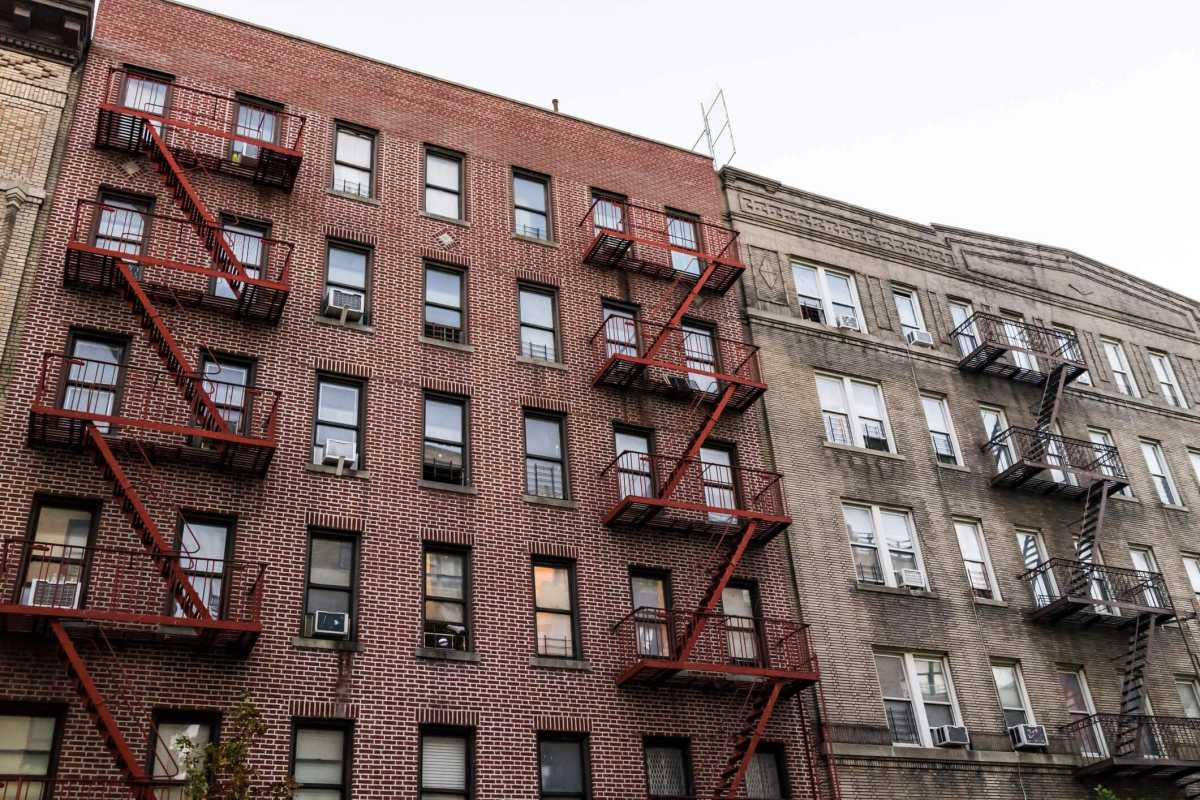Just one year ago, Bronx Realty Advisory Board (BRAB) members – who negotiate with labor on behalf of the borough’s property owners – signed a four-year agreement with SEIU 32BJ, a union responsible for thousands of building workers all over New York City.
These men and women work hard to make life better for hundreds of thousands of residents across the Bronx to ensure apartment buildings run smoothly. We believe they should be compensated fairly and justly for their efforts. However, because of several failures in the system, the contract is in jeopardy.
Despite concern over the length of the contract, both parties agreed that it could be reopened after a year if economic conditions did not improve. Although this deadline was March 1, both parties agreed to postpone the reopening option by 30 days.
This timeline allows talks in Albany around the budget and potential legislation to address several regulatory challenges in Bronx housing. During these pivotal next few weeks, we continue to implore Gov. Kathy Hochul and legislative leaders – including the Bronx’s own Speaker Carl Heastie and the Senate Majority Leader, Andrea Stewart-Cousins – to come to agreements on solutions surrounding key issues. These potential solutions can go a long way towards allowing Bronx property owners to continue to afford the full original contract.
Among those key issues that would resolve problems in the system include addressing rental arrears as a result of Housing Court problems. However, the most pressing issue is regarding vacancies in rent-regulated apartments throughout the city, which can be solved with minor legislative changes.
In the Bronx, many residents are long-time renters – some for decades. When residents move out or pass away, their apartments often require significant renovations due to their age – much of which is required by law upon turnover. The longest-occupied units usually require the most amount of work, but they generally have the lowest rents. In many instances, where the owner is unable to raise the rent, the work to the apartment becomes unaffordable and therefore it remains vacant.
Recently, we became aware of one such example of this predicament. A large three-bedroom apartment on Walton Avenue in the Mount Eden section of the Bronx came up for a turnover in residents. The rent has been $750 per month and the apartment, while in serviceable condition, requires significant renovation since the tenant has been there since the 1980s. The floors are uneven and they must be replaced – even though they still look nice. Turnover requires full removal of lead in friction services, and replacement of all doors, and window jams. The electrical service is insufficient for modern demands and the style itself is outdated.
All told, repairs of this magnitude could cost the building owner between $60,000 and $150,000.
If the owner were able to make those improvements, the apartment’s rent would remain stuck at just a few dollars over the prior low rent. Given the stagnation of the rent, the owner would be unable to recoup any of the money laid out for the upgrades with any new future resident.
So sadly, this apartment will likely remain unused for another Bronx family who might benefit from it.
There is a proposal in Albany right now designed to help apartments like this get back online, with a new rent to be set at voucher limits. If passed, property owners would be able to secure capital to fix up units like this one, and the vast majority of new residents would receive government assistance to help maintain the apartment’s affordability.
Even before the COVID-19 pandemic, the real estate industry was hurting in undeniable ways. Without real changes like this proposed legislation, owners will remain unable to make necessary repairs to the much-needed housing stock. Buildings will continue to sink into deeper financial holes from which many of them – older than a century – may never recover.
This would only hurt residents, owners, service workers, and ultimately, entire communities all over the Bronx and throughout New York City.
Billy Schur is president of the Bronx Realty Advisory Board.
























